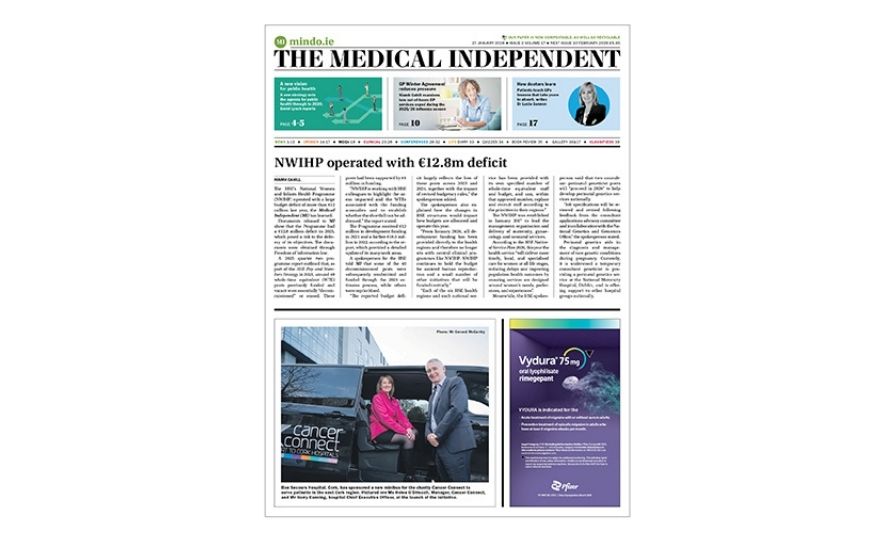New research is shedding light on the complex relationship between diet and mental health – moving beyond the simple idea that healthy food makes us feel good and unhealthy food does the opposite. A recent study published in BMJ Nutrition, Prevention & Health adds to this evolving field by suggesting that low-calorie diets may be linked to depressive symptoms, particularly in men.
The researchers mined data from the nationally representative US National Health and Nutrition Examination Survey (NHANES), which covers the period 2007-2018 and comprises 28,525 adult respondents, with 14,329 women and 14,196 men. The participants completed the Patient Health Questionnaire-9 (PHQ-9) for depressive symptom severity. They were asked if they were adhering to any particular diet, and whether this was for medical reasons, or specifically to lose weight. The researchers noted that previous research showed a heightened risk of depression in people who eat a diet high in ultra-processed foods, processed meat, refined carbohydrates, and saturated fats.
Some 2,508 respondents, or just under 8 per cent, reported depressive symptoms, and 7,995 participants, or 29 per cent, had a healthy weight. Of the respondents, 9,470, or 33 per cent, were overweight, and 11,060, or 38 per cent, were classified as obese. Their dietary habits were broken down into four diet types: Calorie-restrictive; nutrient-restrictive (low in fat/cholesterol, sugar, salt, fibre, or carbs); established dietary patterns (adapted for diabetes, for example); and those not on a diet.
When broken down by sex, a larger proportion of men – 12,772, or 90 per cent – said they were on no diet. For women, this was 12,237, or 85 per cent. Calorie restriction was most commonly reported by obese participants (1,247, or 12 per cent) and those classified as overweight (594, or 8 per cent). Nutrient-restrictive and established dietary patterns were less commonly reported and the highest proportion of those on an established dietary pattern were in obese participants at 359, or 3 per cent.
The researchers found PHQ-9 scores were 0.29 points higher in those on calorie-restrictive diets compared to those not on any specific diet. PHQ-9 scores were higher among those who were overweight and on a calorie-restrictive diet, they wrote – their PHQ-9 scores were 0.46 points higher, while those on a nutrient-restrictive diet had a 0.61 point increase in their PHQ-9 scores. In addition, calorie-restrictive diets correlated with higher cognitive-affective symptom scores, ie, the relationship between thoughts and feelings. Nutrient-restrictive diets were also associated with higher somatic symptom scores, described as excessive anxiety about physical symptoms.
A nutrient-restrictive diet correlated with higher cognitive-affective symptom scores in more men than in women not on a diet, while all of the diets were associated with higher somatic symptom scores in men, said the authors.
“Calorie-restricted diets were associated with higher depressive symptom scores which contrasts with the findings of earlier controlled studies,” they wrote.
“Future studies simulating real-world dieting are important, as challenges such as nutritional deficiencies may arise and contribute to worsening depressive symptoms. Additionally, biological men and overweight individuals appear more vulnerable to the negative effects of restrictive eating. Future intervention studies testing tailored dietary recommendations may provide more personalised strategies for mitigating depression risk.”
As this is an observational study, no firm conclusions can be drawn. However, these findings complicate the link between diet and mental health – and may be worth considering if a patient on a calorie-restricted diet reports low mood.













Leave a Reply
You must be logged in to post a comment.